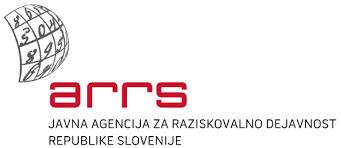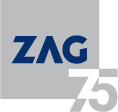
The main goal of the project is to (study) compare traditional and modern methods for producing posts and cores with detailed study on physical, mechanical and microstructural properties that influence the clinical experience (preparation, restoration, patient’s response). The second goal is to tailor suitable 3D printed post and core/cement interface for the best possible clinical practice.
The investigated properties of the studied post and-core objects will be mechanical, physical, chemical, corrosion and metallographic. The mechanical properties that are aimed to study are: tensile strength, residual stresses and fatigue performance. Metallographic investigation will include the study of the size and distribution of microstructural grains within dental material and at the surface, the interface surface/cement. A line and mapping EDS, including EBSD and TEM, analysis over cross-section will be conducted in order to define intermetallic phases. X-Ray computed microtomography will be also used in the study to investigate the 3-dimensional structure of studied materials. By means of this method, the voids, imperfections and other characteristics will be observed on micro-meter level. Hardness will be studied in relation to microstructural properties. Electrochemical tests on the dental materials will be included in the study to get information on the corrosion properties when exposed to corrosive saliva. The susceptibility to local type of corrosion will be evaluated. Moreover, spectroscopic studies will be used in the study, such as X-Ray photo electron spectroscopy, Raman and XRD spectroscopy, in order to understand the structure of the passive layers, to define the possible increase of the corrosion sensitivity and to define the properties of the surface of the dental materials.
The project will contribute to the improvement of the knowledge on dental materials in the field modern additive manufacturing field. This knowledge on current material properties is of a high importance, not only for the enhanced treatment of the patient but also for general improvements in the dental practice, as well as industry.
Co-financers:
FLEGIS trgovsko, storitveno in gostinsko podjetje, d.o.o.,
AO EAST EUROPE Spolka z organiczona odpowiedzialnoscia S.K.,
MD-RI INŠTITUT ZA RAZISKAVE MATERIALOV V MEDICINI, LJUBLJANA,
ITMEDIKA PRODAJA IN SERVIS, IGOR TODOROVIĆ S.P.,
DENTALIA Zunanjetrgovsko podjetje, proizvodnja in storitve, d.o.o., Ljubljana,
DentaGo, posredništvo in trgovina, d.o.o.,
DENTAS, izdelovanje strojev in pripomočkov za dentalno tehniko d.o.o.,
PRODENT INTERNATIONAL, Trgovina z zobozdravstvenimi in medicinskimi proizvodi, d.o.o.

